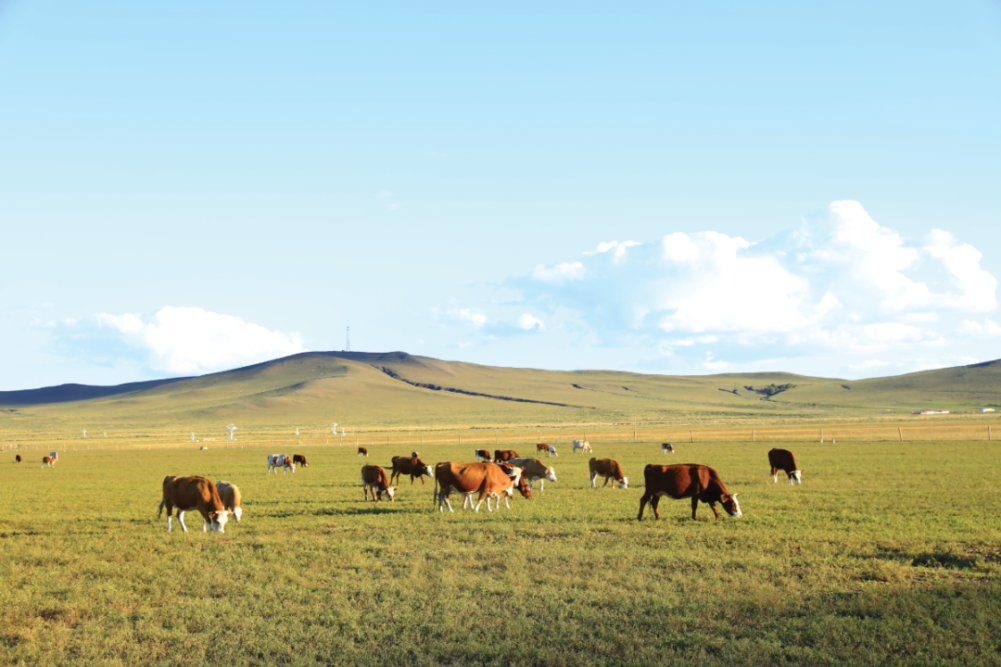WASHINGTON — The US Food and Drug Administration (FDA) announced this week that it made a low-risk determination for gene-edited short-hair cattle to be raised for meat production.
The agency determined that the intentional genomic alteration (IGA) does not raise any safety concerns.
The PRLR-SLICK cattle become the third gene-edited animal approved by the agency. The other two gene edits approved were for a salmon and pig product.
“We expect that our decision will encourage other developers to bring animal biotechnology products forward for the FDA’s risk determination in this rapidly developing field, paving the way for animals containing low-risk IGAs to more efficiently reach the marketplace,” said Steven M. Solomon, director of the FDA’s Center for Veterinary Medicine.
The cattle evaluated by the FDA have genes altered with CRISPR technology.
“The IGA can be passed on to offspring, allowing the trait to be shared through conventional breeding,” the agency said in its review. “There are conventionally bred cattle with naturally occurring mutations that result in the same extremely short, slick-hair coat. Reports in scientific literature indicate that cattle with this extremely short, slick-hair coat are potentially able to better withstand hot weather. Cattle that are comfortable in their environment are less likely to experience temperature-related stress and may result in improved food production.”
The low-risk determination was provided to Acceligen.
In December 2020, the Trump administration proposed that the US Department of Agriculture (USDA) be responsible for the oversight of genetically engineered agricultural animals. However, that change was never made despite support for the measure by industry trade groups like the National Pork Producers Council.


